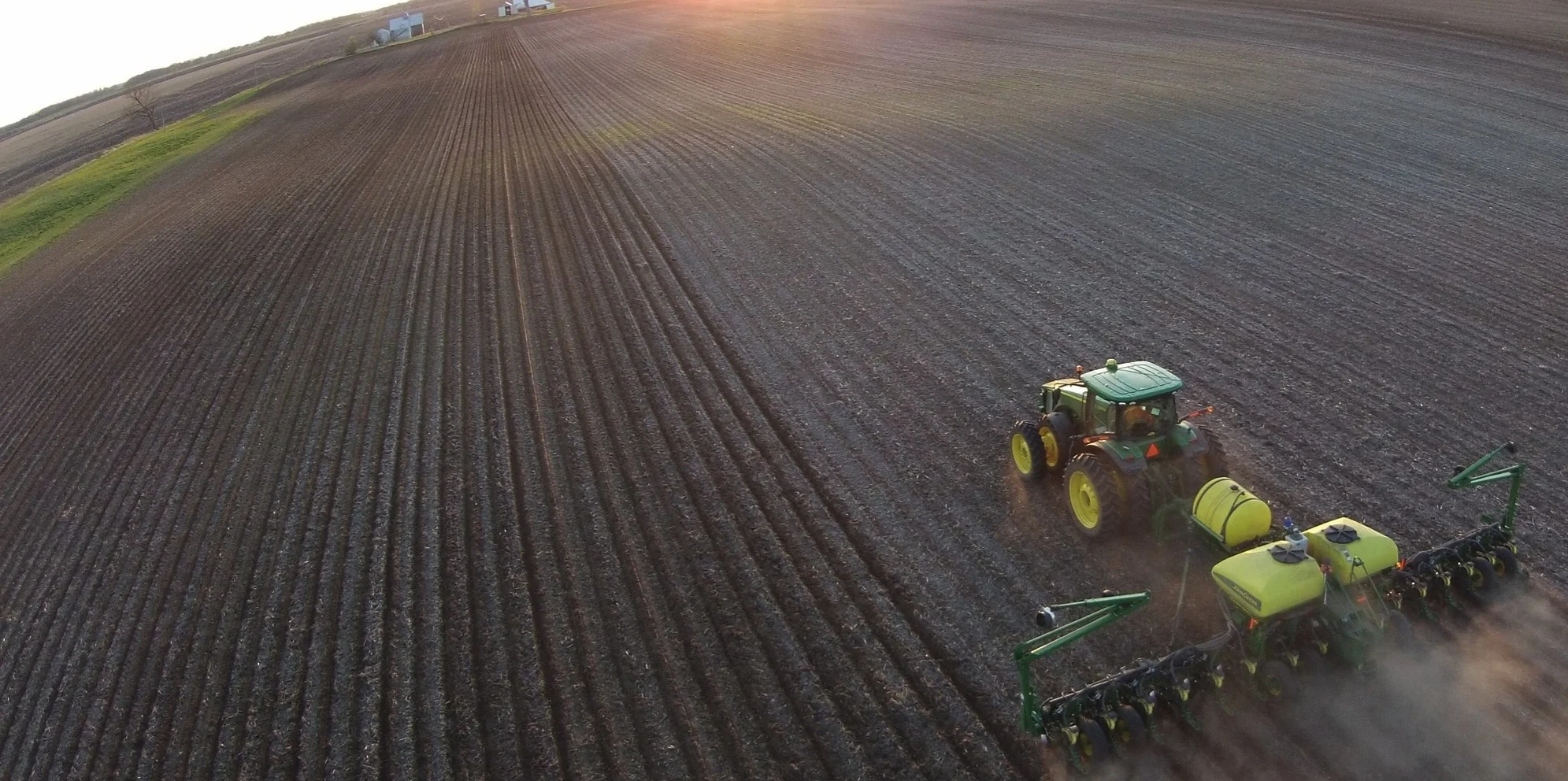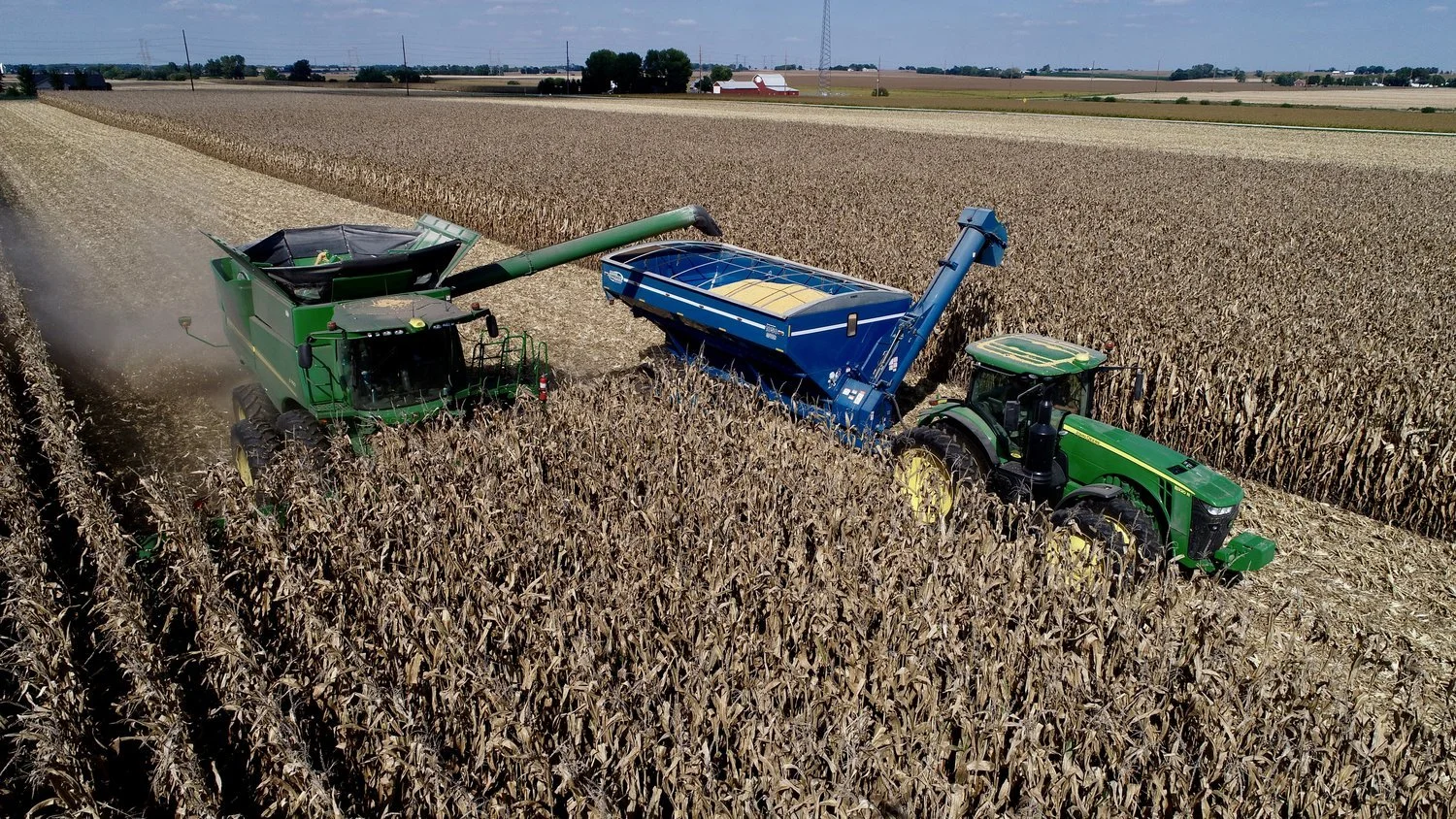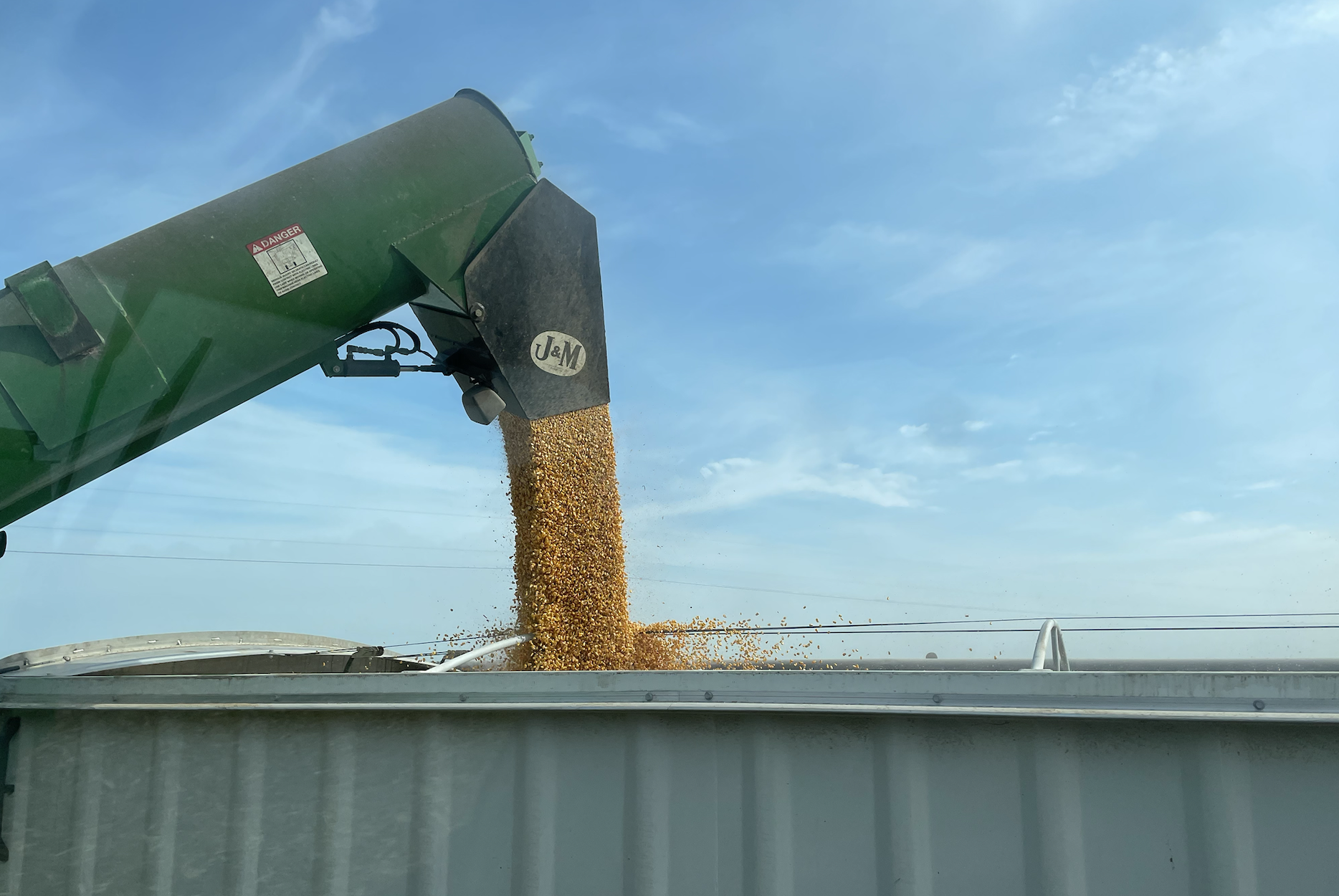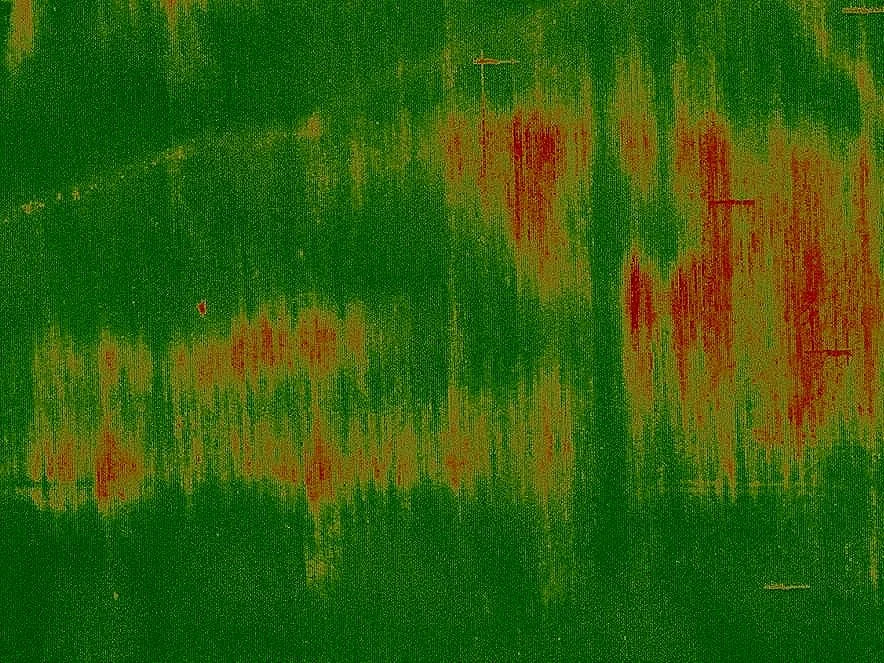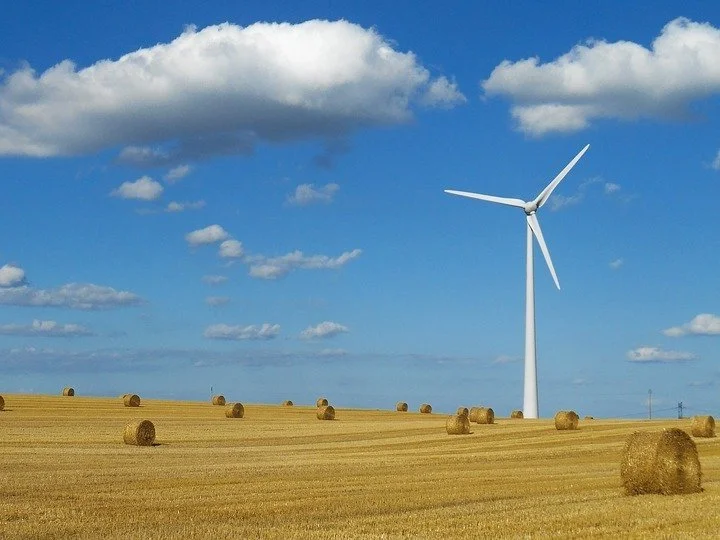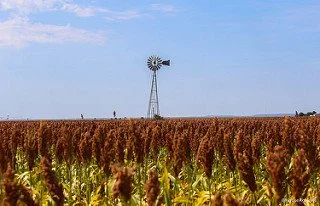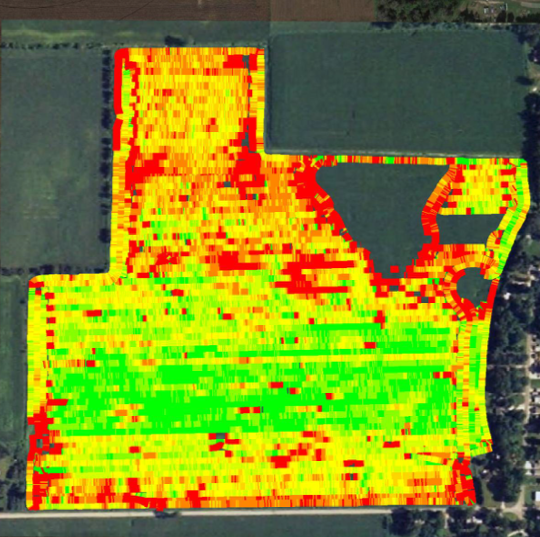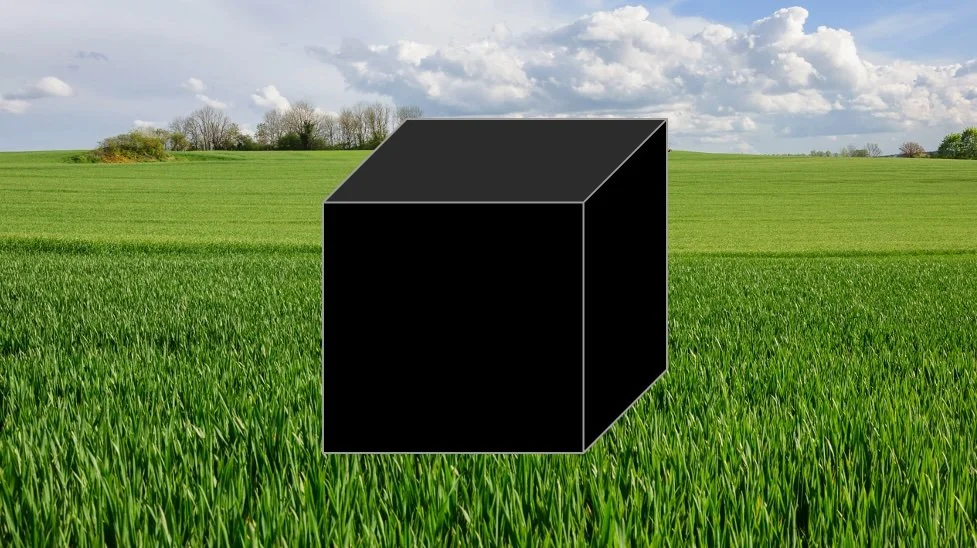Can an Ag Tech Provider Collect Data without Your Consent?
/During a recent webinar, an audience member asked: "Can a machine track and send data to the manufacturer without the owner's consent?" I think you could even broaden this question to ask: "Can a machine can send data to a manufacturer without the owners' knowledge?"
From my research, the general answer to this question is "yes." A manufacturer can track information from their machine and send that data back to the manufacturer without the owner's consent, or even without the owner's knowledge.
There are likely many exceptions to this general answer, however. If the transmission of data includes personally identifiable information, the transmission may be subject to certain state laws protecting personal information.
There are also state statutes and common law that protect person's right to privacy. Unauthorized data sharing from a machine might violate these statutes or case law. For example, a machine that collects video might collect images that would be protected by certain state privacy statutes.
The Privacy and Security Principles for Farm Data provide this guidepost for this issue:
An ag tech provider's collection, access and use of farm data should be granted only with the affirmative and explicit consent of the farmer. This will be by contract agreements, whether signed or digital.
This principle is not legally binding, but a court may look to statements like this as what is commonly accepted practice in the ag tech industry. This could be helpful when determining what is the expected standard of care for an ag tech provider.
Tesla collects data from its drivers' cars. Here is what Tesla asks its customers before collecting video information:
We are working hard to improve autonomous safety features and make self-driving a reality for you as soon as possible.
In order to do so, we need to collect short video clips using the car’s external cameras to learn how to recognize things like lane lines, street signs, and traffic light positions. The more fleet learning of road conditions we are able to do, the better your Tesla’s self-driving ability will become.
We want to be super clear that these short video clips are not linked to your vehicle identification number. In order to protect your privacy, we have ensured that there is no way to search our system for clips that are associated with a specific car.
Please click "I accept" below in order to allow us to collect these clips. You can change or mind at any time.
I think Tesla has the correct approach. It is OK to collect data from your customers, but ask first, anonymize the information, and give customers the option of changing their mind later. Put this in your contract.
As attorneys we often tell clients: Just because something is legal, does not mean it is advisable.
The same is true with collecting data without affirmative consent.

